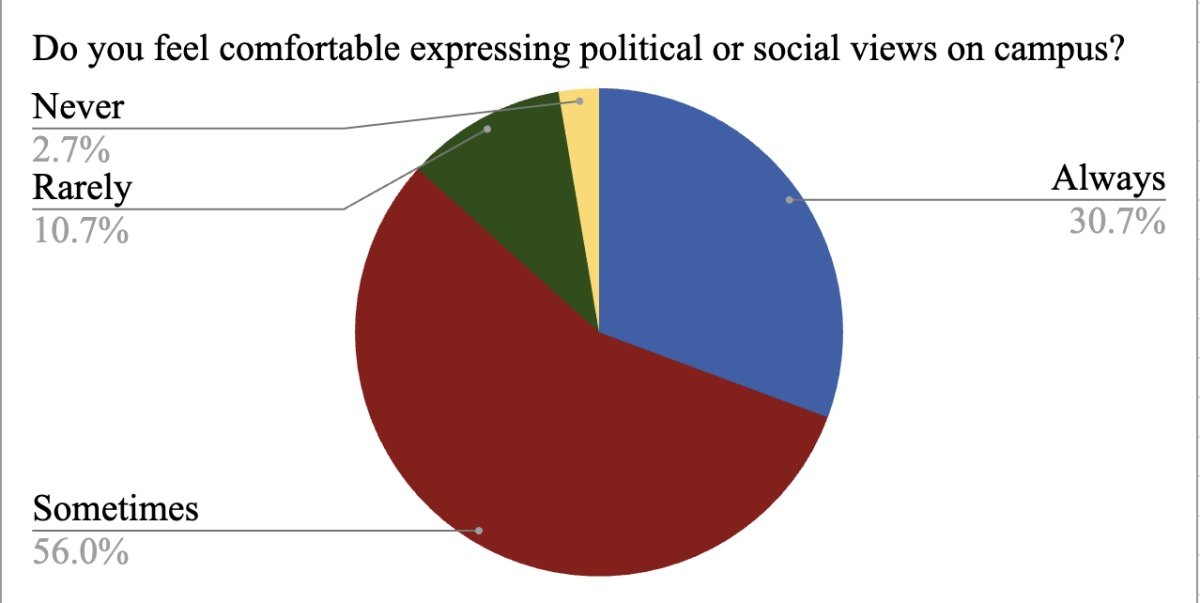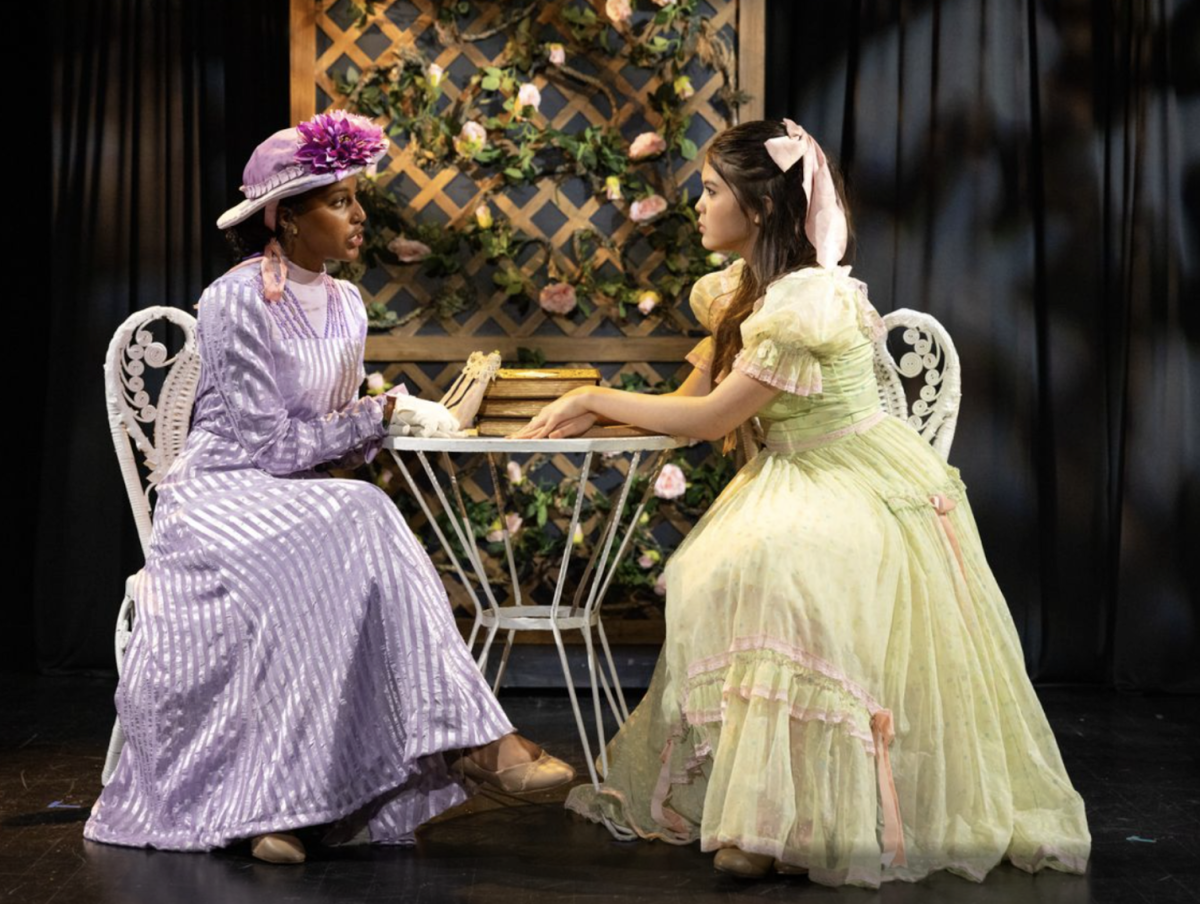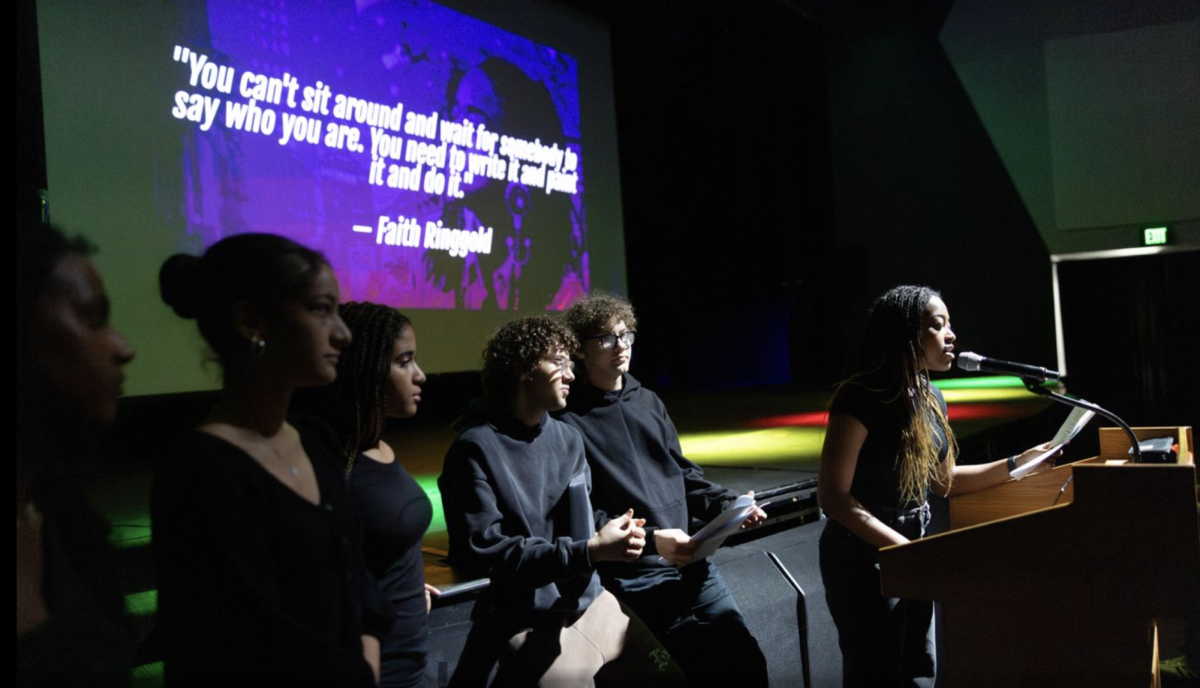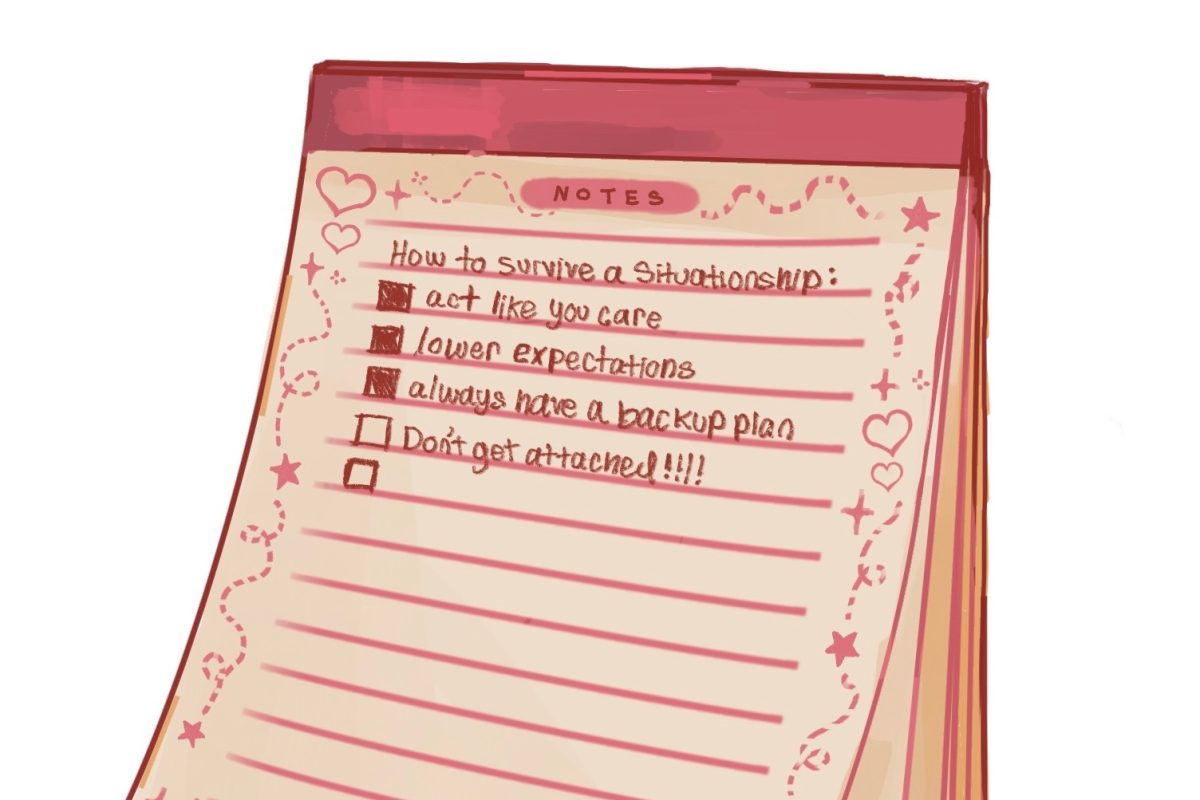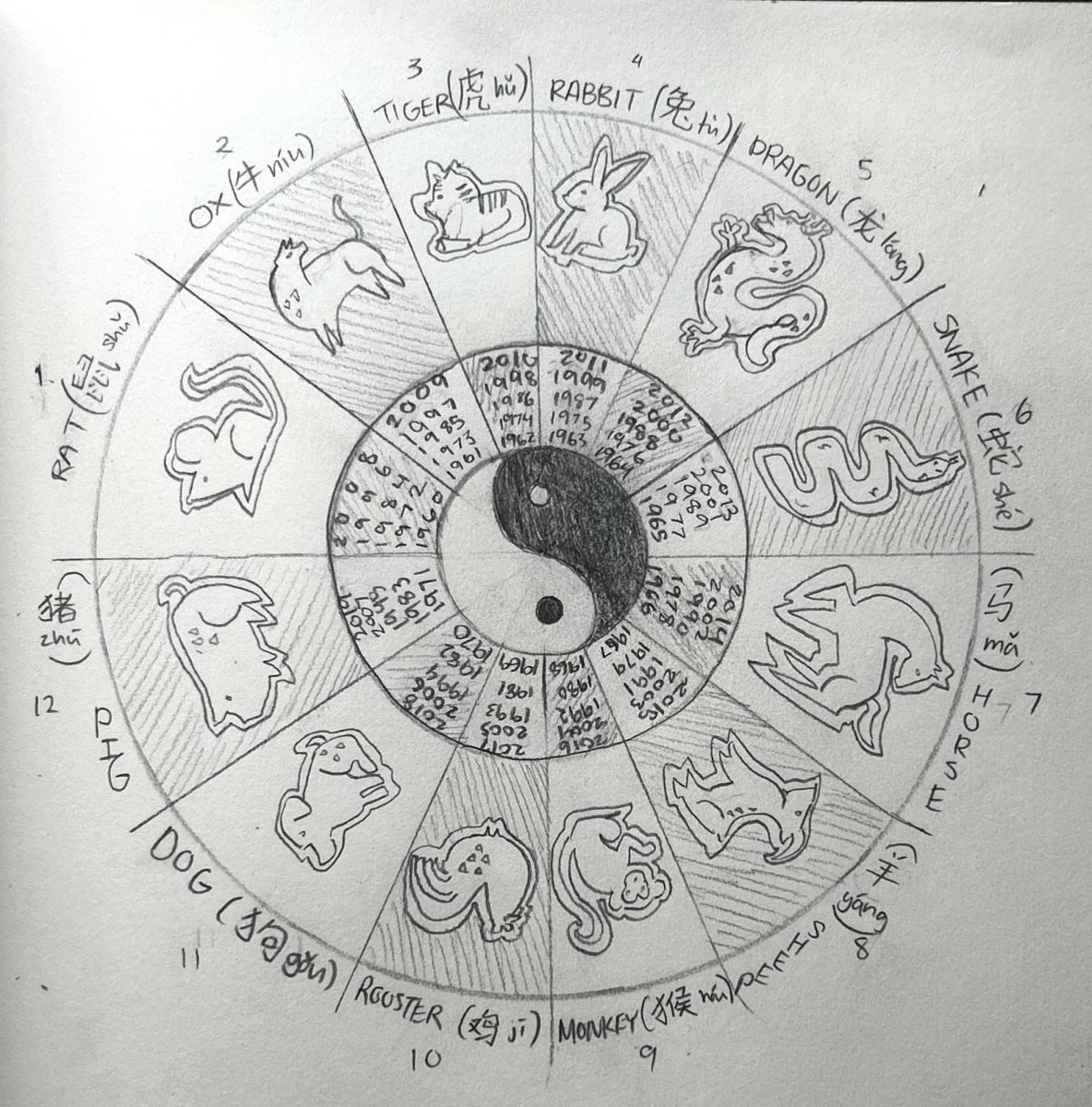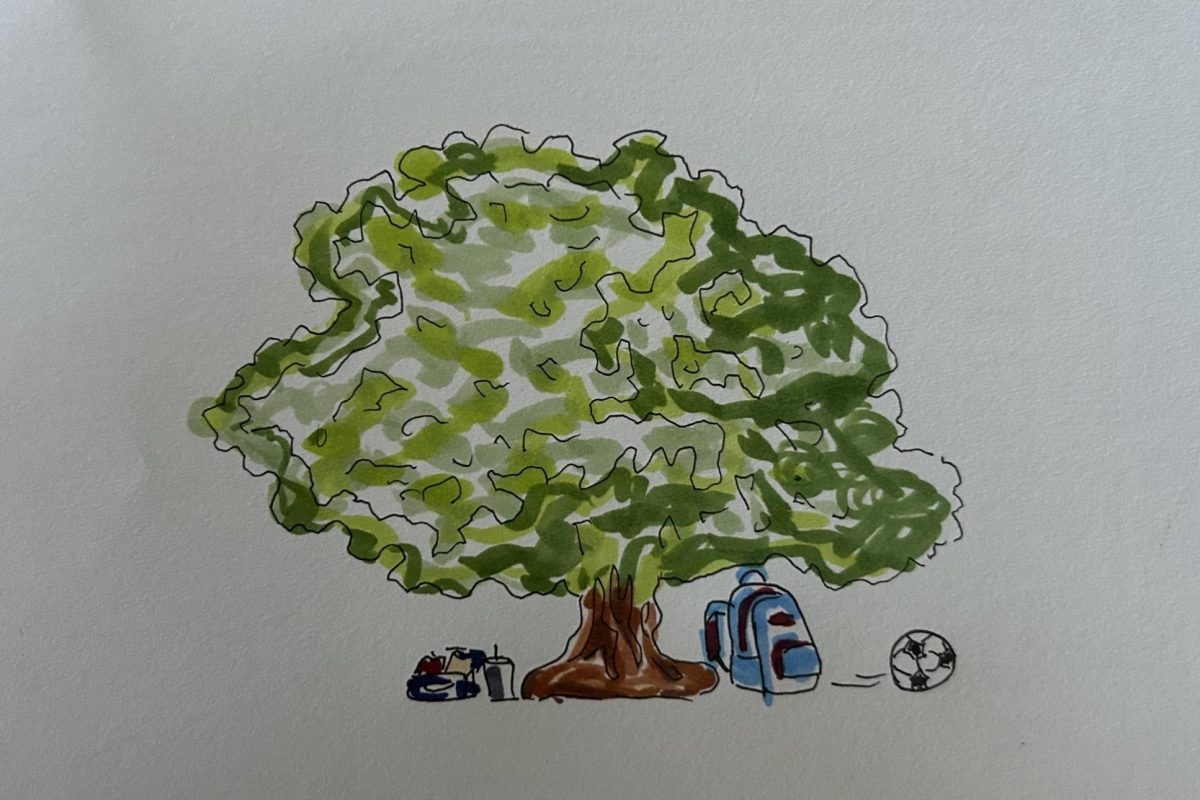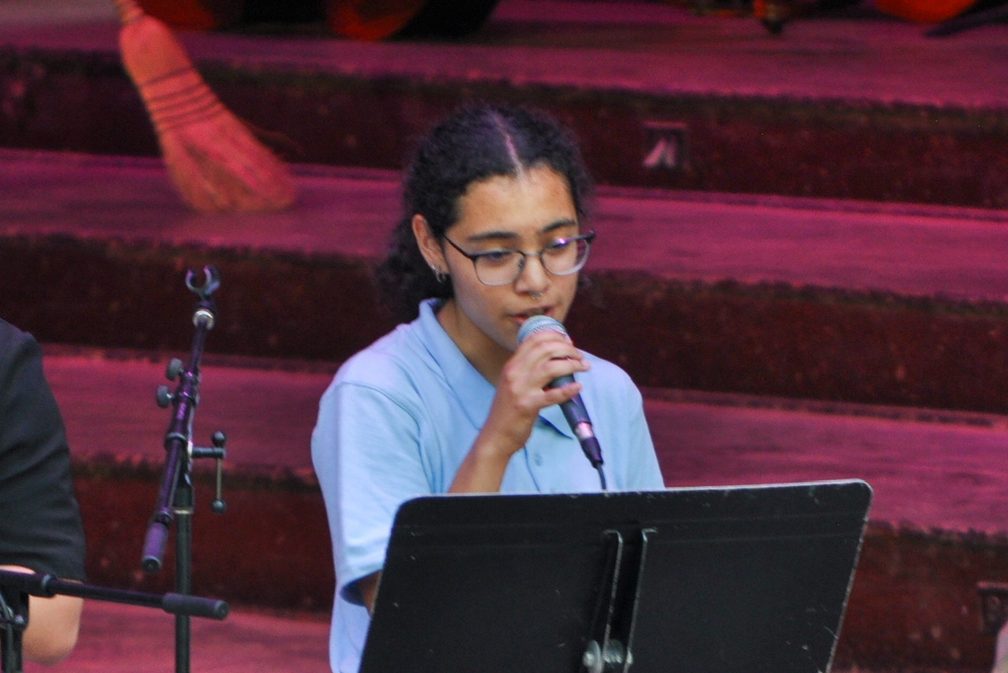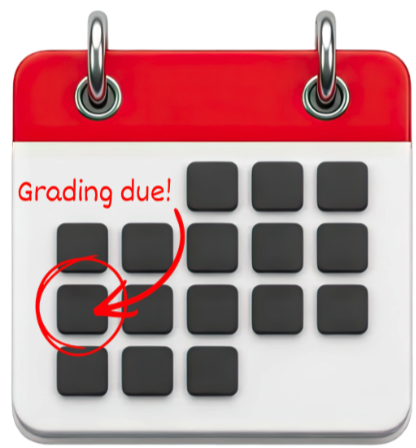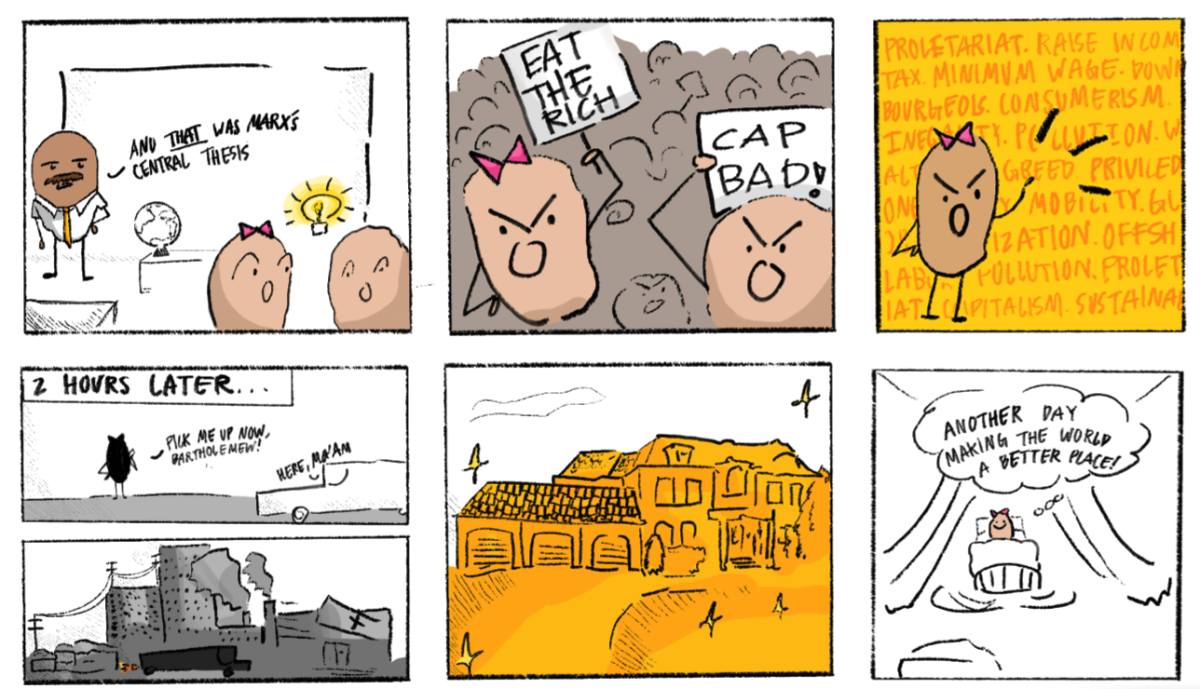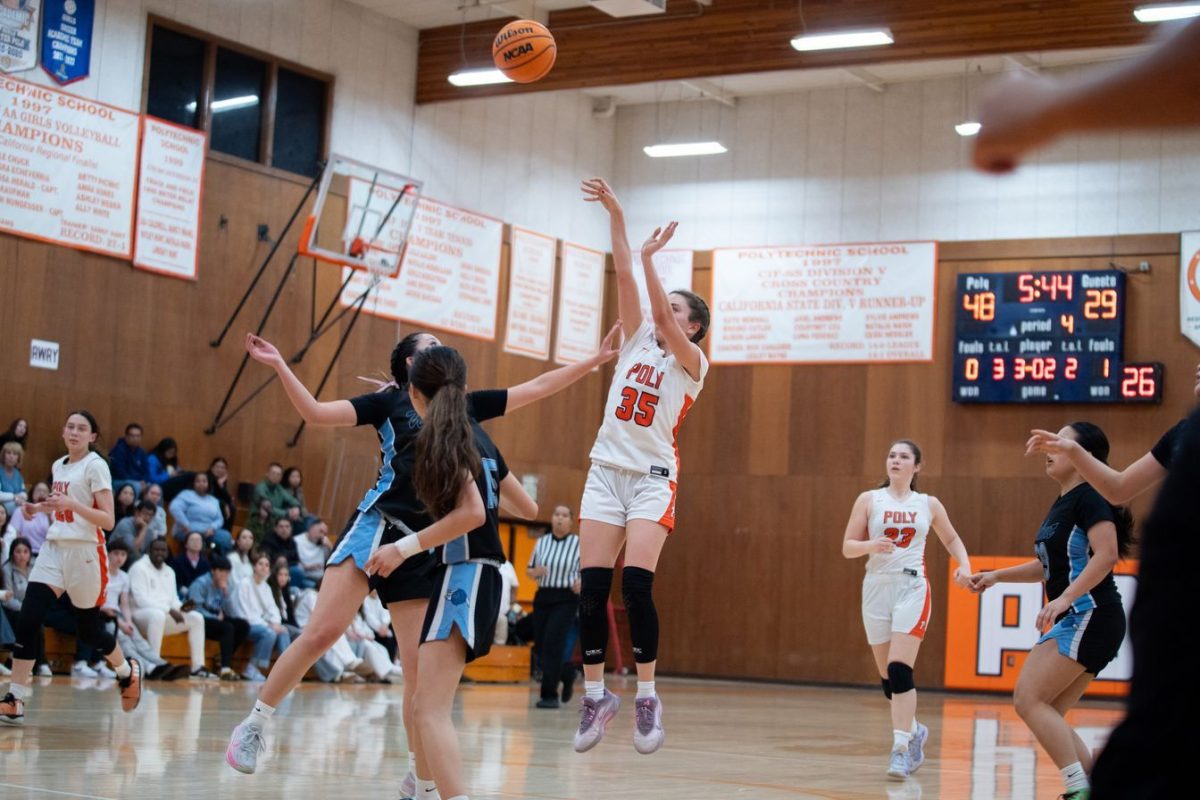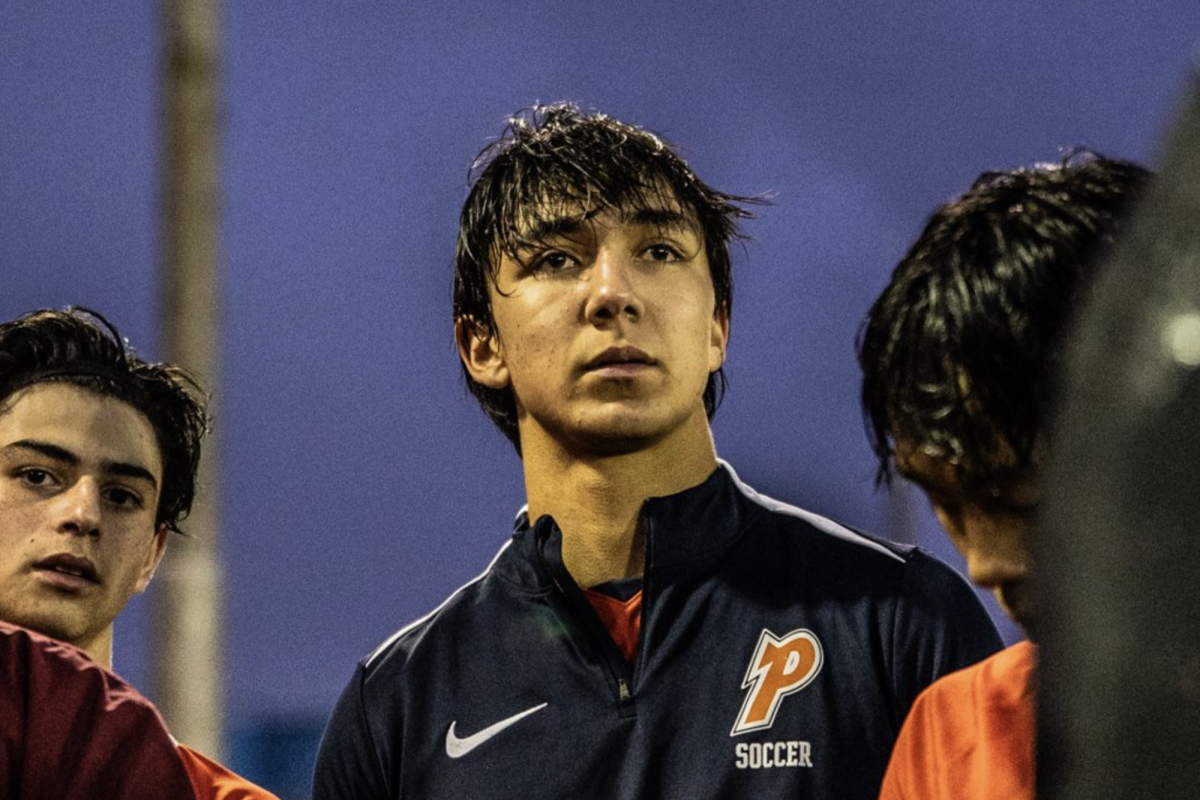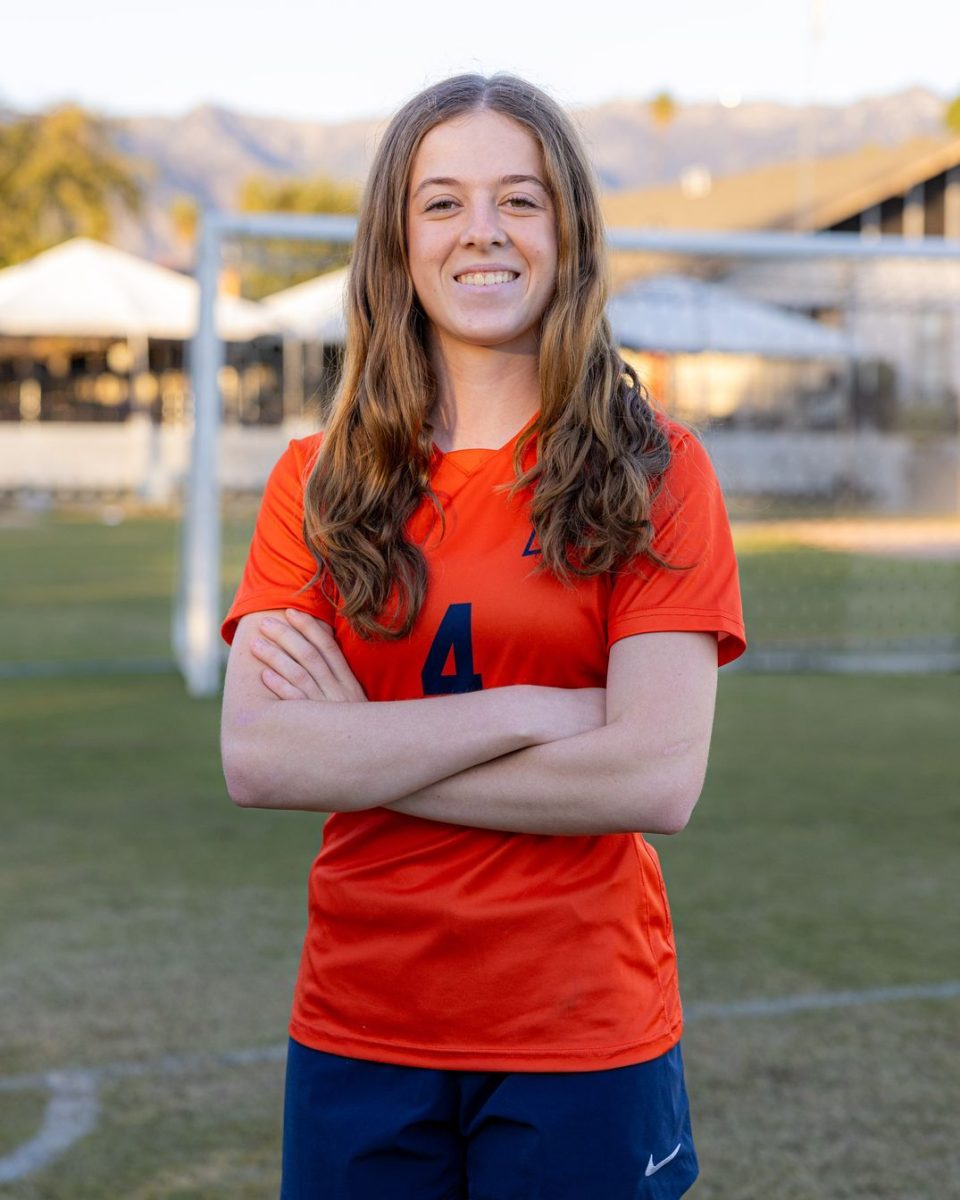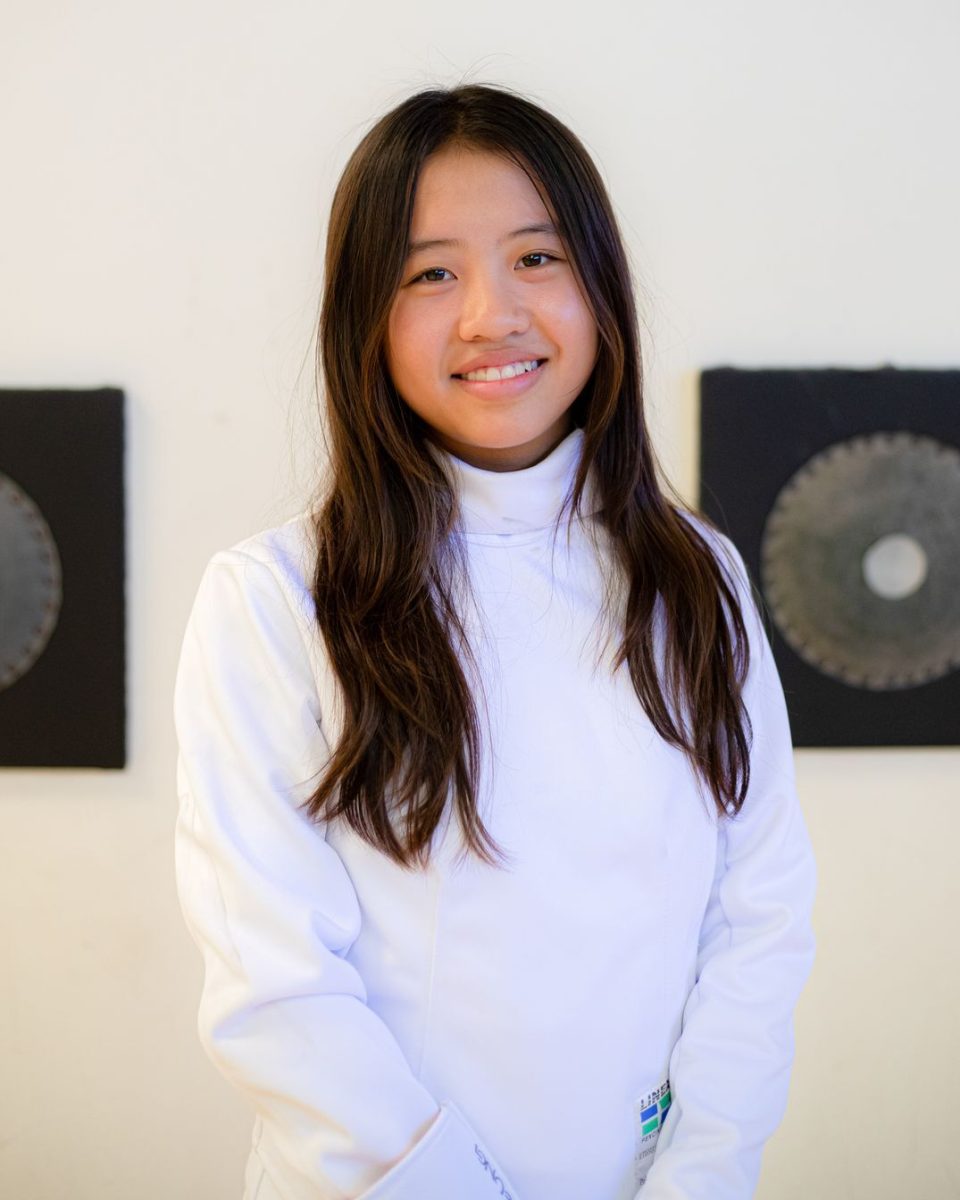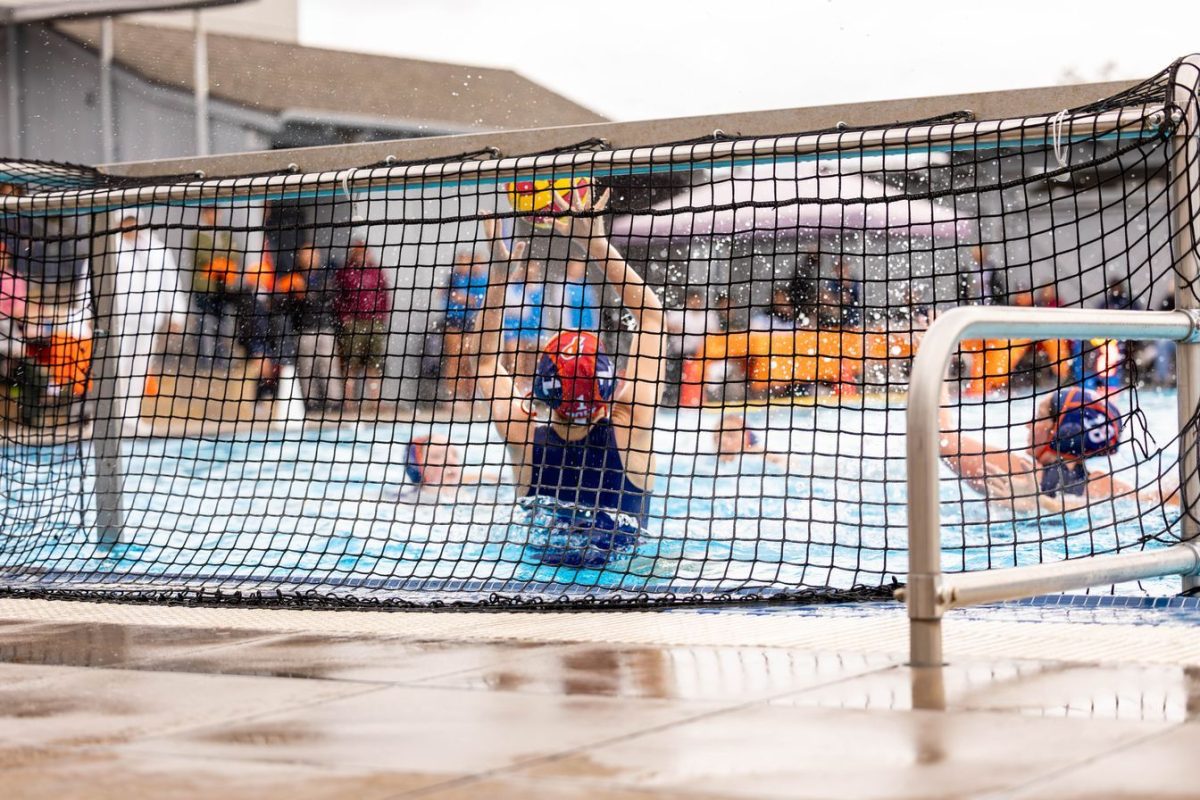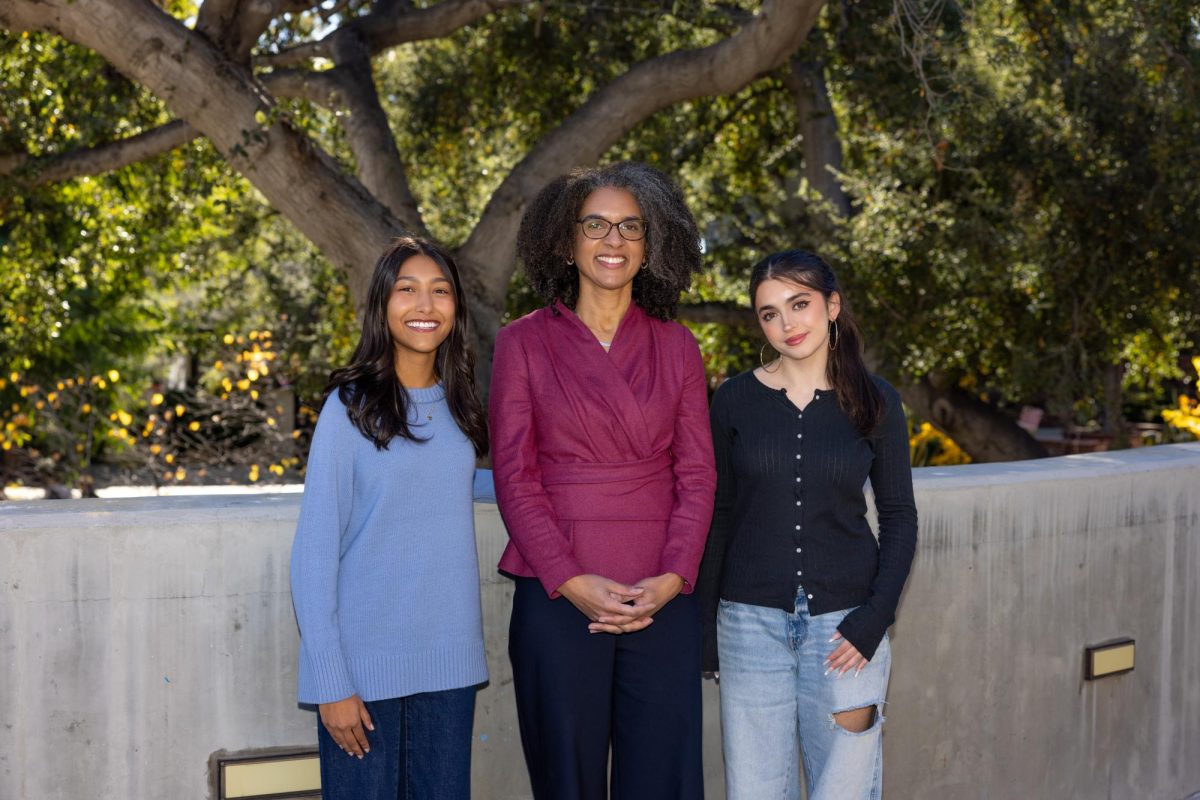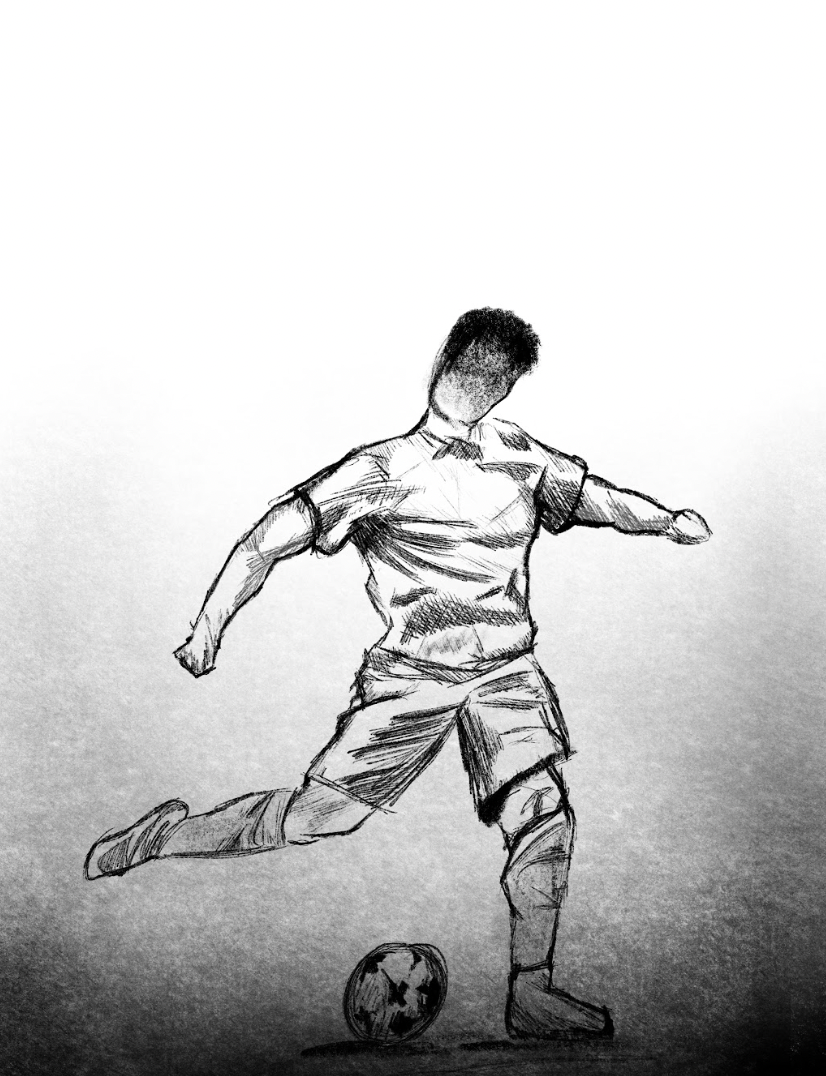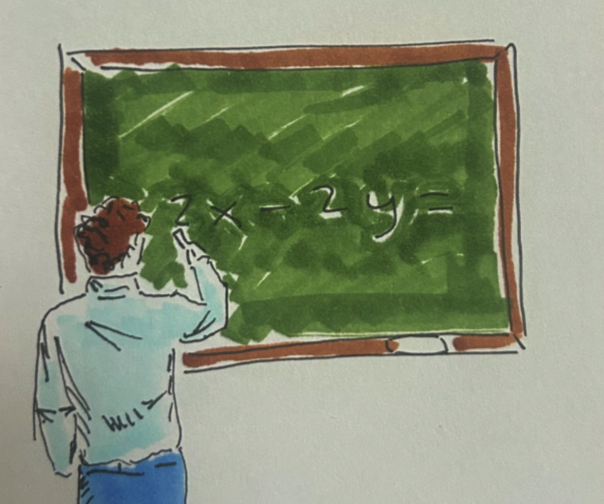At Poly, like most schools, sports have long been a source of pride, with dedicated coaches and a history of competitive teams leading to winning seasons and other athletic achievements. However, in recent years, a troubling pattern has emerged, as some student-athletes want success without the required effort. Rather than holding themselves accountable, they project their frustration onto their coaches, blaming them for poor performance when, in reality, the problem is their own lack of commitment.
I read a piece in the January 2023 issue of The Paw Print entitled “Poly student-athletes suffer under unrealistic coaching standards,” which argued that coaches at Poly set expectations too high for their students because they overlook the academic pressures and other responsibilities Poly students face. However, that article failed to account for the fact that students sign up for these sports willingly. While balancing schoolwork and sports is undoubtedly a challenge, if you can’t handle that challenge, don’t play; there are plenty of other ways to get your sports credit for fewer hours. Students can gain outside PE credit for 25 hours of activity per season, whereas school sports practice for two hours each school day, amounting to roughly 120 hours of practice per season.
Some students sign up for sports just to add another activity on their college application; such students adopt the erroneous mindset that they will receive playing time, success and recognition if they do not put in the effort and hold themselves accountable.
Some athletes attend practice inconsistently, refuse to push themselves, and ignore constructive criticism, yet they still expect to start in games. Rather than acknowledging their own lack of effort as a reason for no rewards, these athletes often direct their frustration to their coaches. When they do not get the playing time they want or when the team underperforms, they accuse coaches of being too demanding, unfair, or out of touch.
“Some people accept that they won’t start, but it’s the people who think they should that is the problem,” said junior Will Oreck, a varsity baseball athlete. “They act like the coach is the problem, but the truth is, they are not good enough. People show up to practice late and talk to their friends all practice, and then they wonder why they don’t get playing time,” Oreck added.
One major factor that fuels this entitlement is the school’s no-cut policy. While the policy is meant to give all students an opportunity to participate in sports, too many students take advantage of it. Some athletes act as if simply making the team is enough, believing that they can just show up when they feel like it and remain on the team. I do not want to discourage people from joining sports; they simply shouldn’t enter a team and expect something in return if they do not put in the effort or if they blame others for their mistakes.
The reality is that playing a sport should be a privilege and come from passion; sports should not just be used to pad a resume. Coaches should not have to beg athletes to be dedicated. The expectation should be that if you’re on the team, you should take it seriously.
“If coach doesn’t play me as a senior next year, I am quitting the team,” said junior Noah Posin, who plays for the varsity boys soccer team. But when asked about whether he goes all out at practice and puts in extra hours to hone his skills, he admitted he hadn’t. For players that play a high-level club sport, this mentality is extremely fundamental, but for many other Poly athletes, there is a common mindset among them: wanting results without taking the necessary steps to achieve them.
If Poly’s student-athletes want to win, they must stop blaming their coaches and hold themselves accountable. That is undoubtedly what much of this year’s varsity boys soccer team, particularly the starting line-up and some of the bench players, did en route to their CIF title and CIF regionals finals run this season. Despite having a guaranteed starting spot, players like juniors Nicolas Ashjian and Joe Benitez and sophomore Momo Tonthat practiced around their injuries––doing what they could to keep their skills sharp––and didn’t use setbacks as excuses. At the end of the day, the truth is simple: if you don’t put in the work, you don’t get the results. Coaches aren’t miracle workers. They can give guidance, but ultimately, they can’t force athletes to care.

